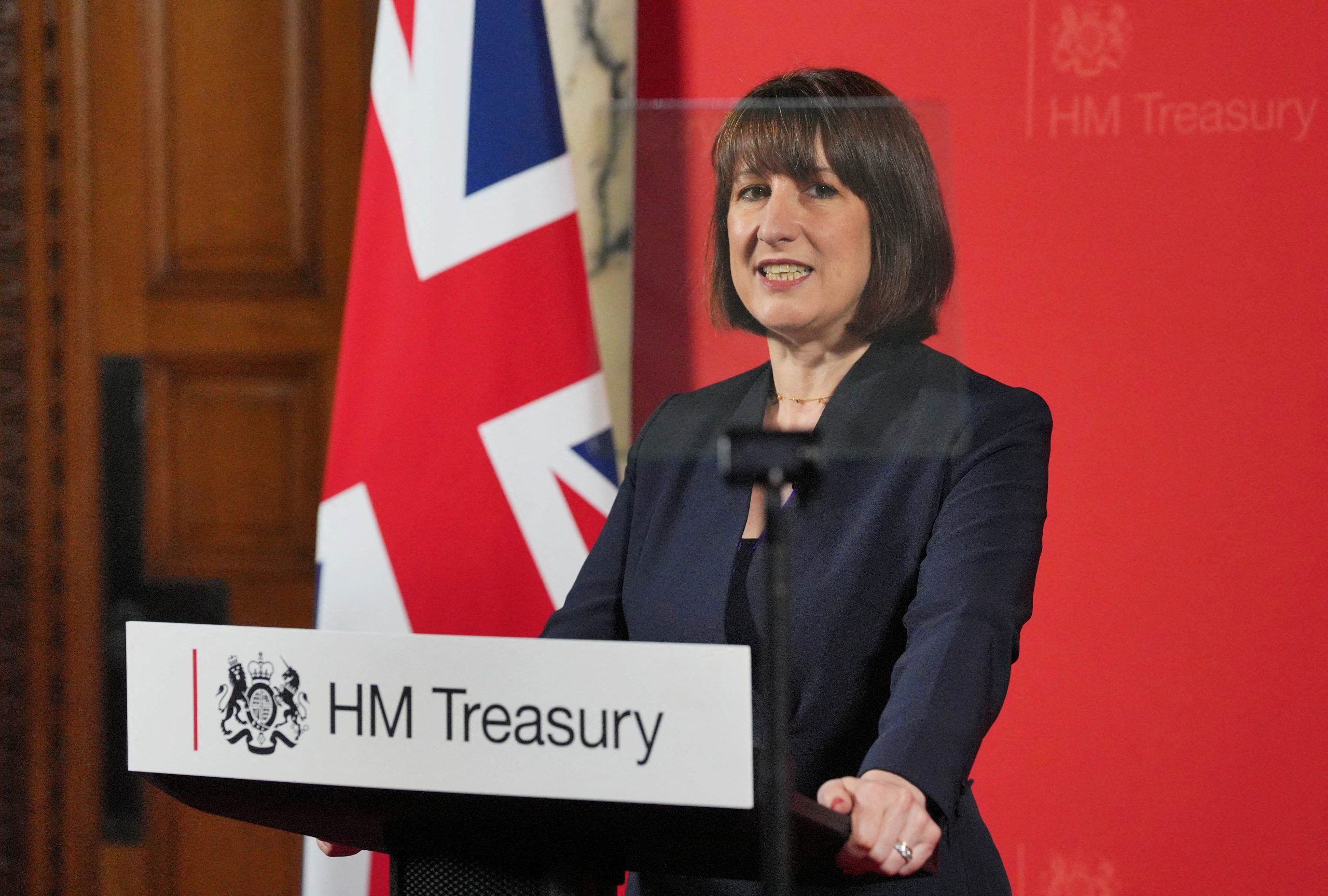Rachel Reeves, Britain’s newly appointed finance minister, is set to accuse the former Conservative government of committing to unsustainable spending that lacked proper budgeting. In her upcoming parliamentary address, she will criticize the previous administration for making billions of pounds in unfunded promises, highlighting a significant shortfall in the country’s finances.
This revelation comes as Labour, having won a decisive victory on July 4, grapples with the economic realities they inherited.
Reeves has instructed officials to perform a comprehensive review of public funding needs. The results of this assessment, which reveal a £20 billion shortfall, will be presented to Parliament on Monday. This review is intended to lay the groundwork for Reeves’ first formal budget statement later in the year.
The findings will reportedly demonstrate that Britain is facing severe financial difficulties, with the previous government’s overspending exacerbating the situation.

Rachel Reeves
In response to the financial crisis, Reeves plans to introduce several measures aimed at improving fiscal responsibility. These include establishing a new Office of Value for Money to address government waste, reducing reliance on external consultants, and selling off unused government property. These steps are part of her broader strategy to manage the budgetary shortfall and improve financial oversight.
The Conservative Party has dismissed Reeves’ claims as a pretext for Labour to justify raising taxes. They argue that Labour is using the financial shortfall as a cover to implement tax increases, despite Labour’s election promise to refrain from raising income tax and VAT rates.
The Conservatives point out that the budget forecasts used by the previous government were approved by the independent Office for Budget Responsibility, and they accuse Reeves of ignoring this established authority.
Gareth Davies, a Conservative spokesperson on budget policy, has criticized Reeves for undermining the credibility of the Office for Budget Responsibility and using the financial situation as a rationale for tax hikes. He argues that Reeves is attempting to mislead the public into accepting higher taxes by suggesting that the previous government’s budgeting practices were fundamentally flawed.











































